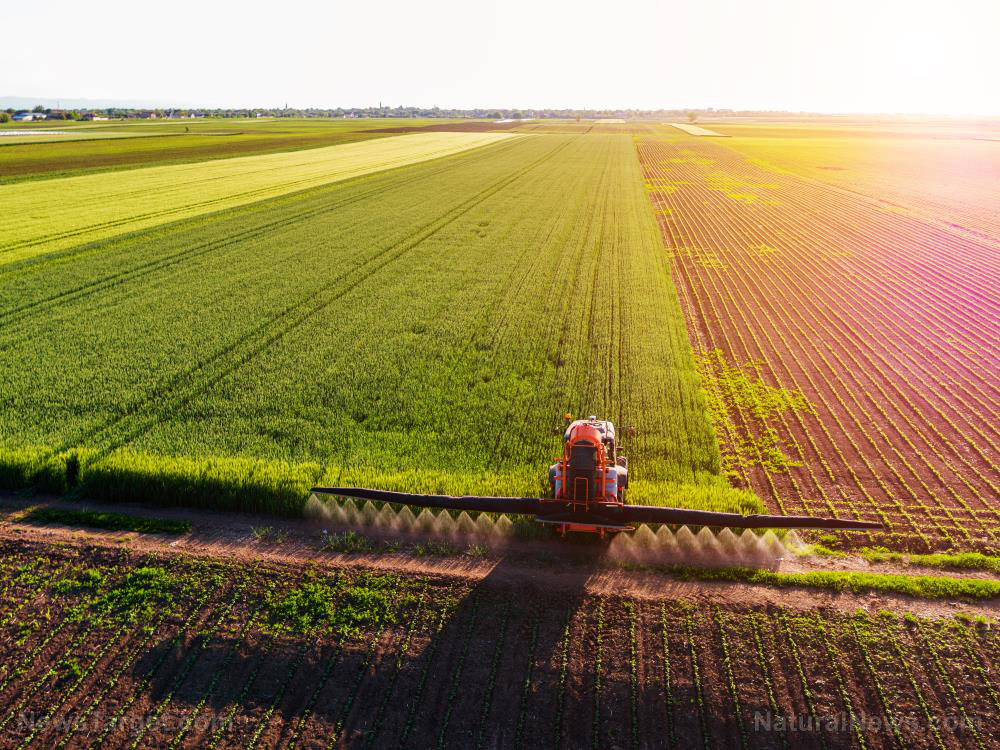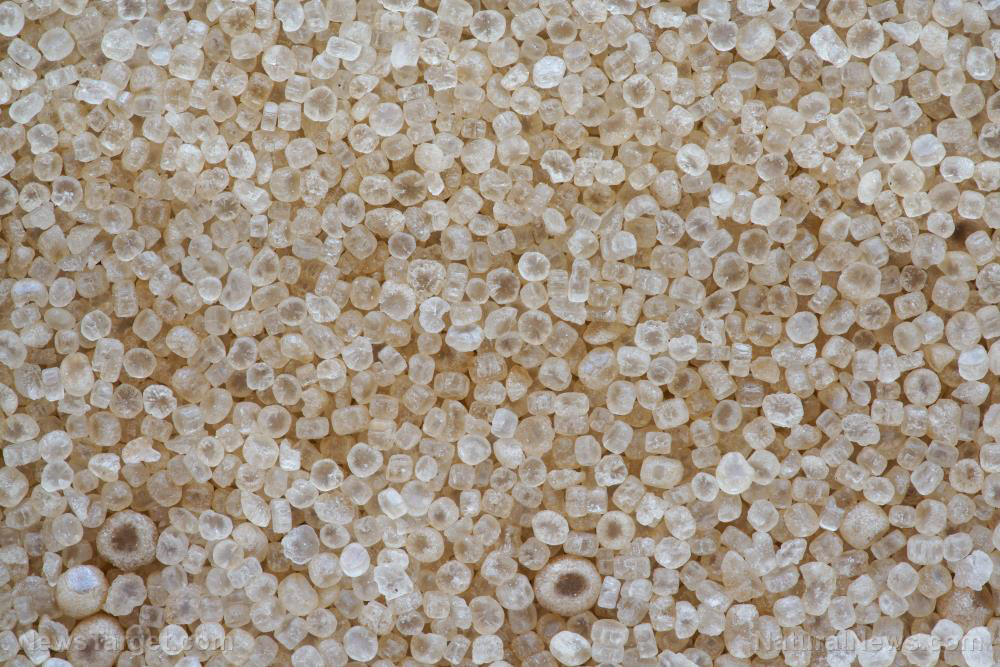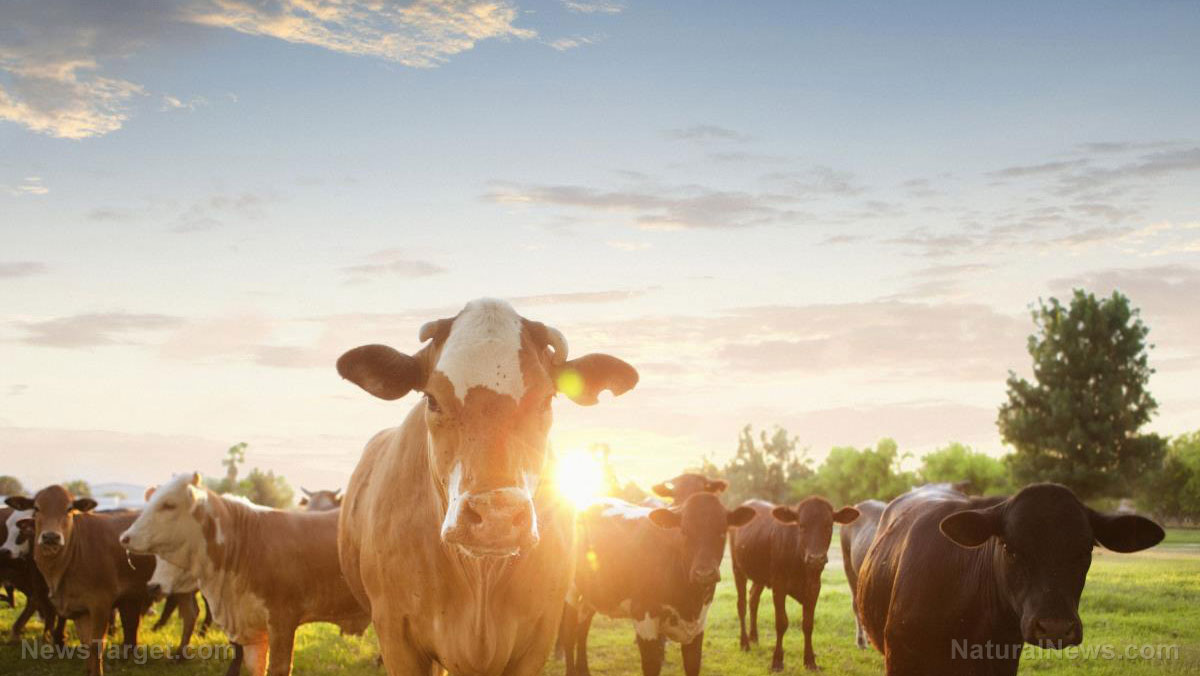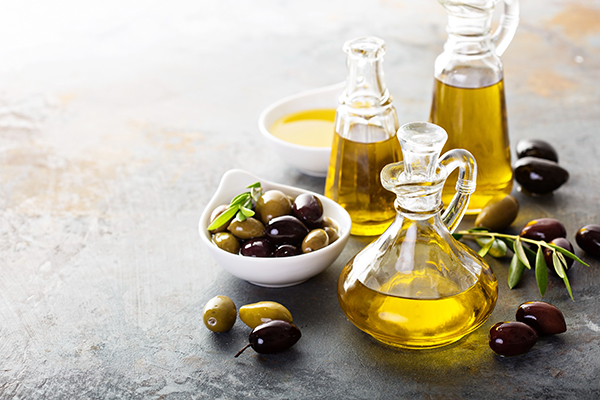
Farmers all over the world are concerned that the ongoing supply chain crisis will have a disastrous effect on their 2022 crop outputs.
Input prices – or all the costs that go into a harvest – are already making it difficult for farmers in the United States to operate normally. According to financial services company StoneX Group, wholesale prices for fertilizer in the Midwest have risen by approximately $434 since Sept. 10. This represents a 65 percent increase in a month, or $72 a week.
Fertilizer is not the only essential item whose price has increased. Virtually every part of the agriculture sector has been hit by similar price increases. The situation has been exacerbated by an ongoing labor shortage.
According to a survey conducted by the National Council of Farmer Cooperatives, 77 percent of agricultural cooperatives had issues retaining skilled laborers during the Wuhan coronavirus (COVID-19) pandemic. Other factors are forcing farmers to spend more, such as the increased cost of shipping farm outputs and the lack of availability of equipment and parts.
Freak weather incidents have also made it difficult for farmers to operate. An estimated 75 percent of the Western U.S. and the Dakotas have recently experienced a severe drought, forcing ranchers to liquidate larger portions of their herds and farmers to pay more for irrigation.
"After many years of low farm prices, recent price increases were poised to help elevate market net returns. Given these supply chain issues, that optimism has faded into a desire to simply not do worse than those lean years," read a statement released by the Agriculture CEO Council, an association of CEOs from the leading businesses in the agriculture sector.
"The supply chains that are critical for inputs and sales of goods face multiple and simultaneous challenges. This has led to higher prices for inputs, lower prices for outputs and, in some cases, the inability to purchase goods or services regardless of price."
Brazilian farmers also suffering from supply chain crisis
Farmers in South America, particularly in Brazil, are dealing with a similarly dire outlook for their future harvests.
Michael Langemeier, an agricultural economist at Purdue University, believes the situation farmers in Brazil are experiencing may be worse than what farmers in the U.S. are going through.
Langemeier points out that one of the biggest concerns Brazilian farmers are dealing with is a steep shortage in fertilizer. "My understanding is that Brazil imports most of their fertilizer needs – even more than we do," he said. (Related: China places additional restrictions on fertilizer exports to safeguard own fertilizer stocks as supplies dwindle.)
Jim Mintert, another agriculture economist from Purdue, believes Brazil's production for the 2022 harvest season is a "wild card." South American production plays a vital role in the overall demand for agricultural products.
"On the demand side, I think that's really the bigger issue is when do we see a recovery and demand for exports, particularly to China," said Mintert. He believes Brazil will partially control future demand for many of the largest crops grown in the U.S., such as corn and soybeans.
"But [there is] a tremendous amount of uncertainty in terms of what this rise in input prices is going to do to production next year," continued Mintert.
Farmers in Brazil are concerned that the fertilizer shortage may last well into 2022. Fertilizer supplies for the year have been adequate so far, but the country's stocks are dwindling fast. Many farmers are already thinking about reducing the amount of fertilizer they use, which will affect overall crop yields.
One other factor that might affect future Brazilian production is something that no farmer in the country can control: weather.
Last harvest season, Brazil's corn output suffered due to extreme weather conditions. Drought devastated nearly half of all production in some locations in the country. With 67 percent of the energy supply in Brazil coming from hydroelectric power plants, the drought affected how much farmers had to pay for power.
Learn more about how the supply chain crisis is affecting farmers around the world by reading the latest articles at Harvest.news.
Sources include:
Please contact us for more information.





















